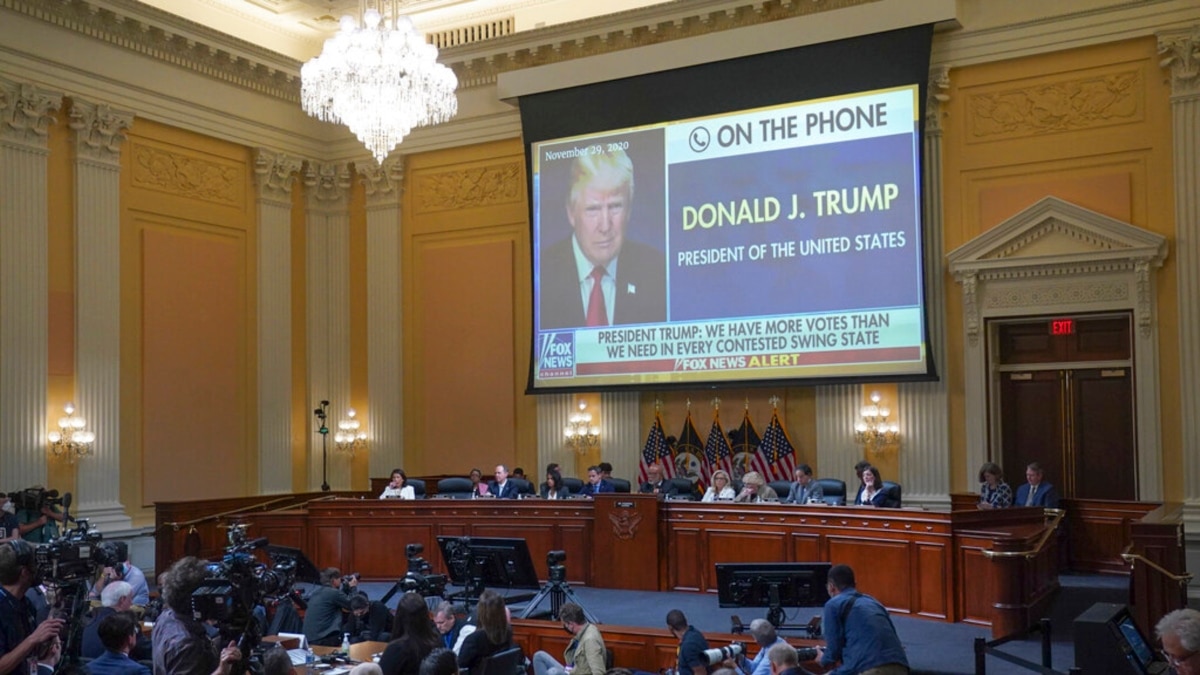Democratic-led states that lost power over concealed carry are looking for more ways to restrict guns in public.
Within hours of the Supreme Court’s landmark Second Amendment ruling last week, Democratic-led jurisdictions started scrambling to find new ways to limit guns in public.
The ruling says laws requiring applicants for concealed carry licenses to prove they have a specific self-defense need violate the second and 14th amendments. The sweeping change overturns a New York law dating to 1913 and upends concealed carry systems in several other states.
ED JONES via Getty Images
The prospect of more people carrying concealed guns in populous jurisdictions that generally favor tougher restrictions ignited a political storm last Thursday that cast a shadow over the historic compromise bill passing in the Senate later that day. (President Joe Biden signed the bill into law on Saturday.) And it promised to widen the growing cleavage between blue states, which generally favor tougher gun policy, and red states, which generally aim to preserve or loosen gun restrictions.
“It will be easier to get a license,” said Eric Ruben, a Second Amendment expert at Southern Methodist University Dedman School of Law. “You can expect more people in these affected states to be carrying handguns.”
New York Gov. Kathy Hochul (D) called the legislature to Albany to address the change. California legislators started pushing forward on bills they’d drafted in preparation for the Supreme Court’s ruling.
In Hawaii, which has issued only four concealed carry permits over the last two decades, legislators contemplated how to preserve the state’s strict policies. Meanwhile, people lined up outside the Honolulu Police Department to apply for concealed carry permits before new laws could take effect.
The New York law required concealed carry applicants to show that they had a specific need for self-defense, rather than a generalized fear of getting attacked. States with similar policies — New Jersey, Massachusetts, Maryland, Rhode Island, Delaware and California — can’t impose that requirement anymore, eliminating a key filter to limit concealed carry permits.
Losing that tool is leading lawmakers in the affected states to look at expanding “gun-free zones” to public transit infrastructure and crowded places.
New York City Council Speaker Adrienne Adams said Thursday she’d sponsor a resolution that would make the whole city a gun-free zone. However, that strategy would conflict with Supreme Court Justice Clarence Thomas’ opinion, which said that jurisdictions cannot limit concealed carry based on population size or density alone.
In a way, the ruling is as important for what it doesn’t say as for what it does. Over the last few years, conservative activists have pushed laws through several state legislatures allowing people to carry concealed handguns without applying for a license. Supporters often call the measure “constitutional carry.”
But last week’s ruling left concealed carry licensing systems intact — which some legal experts thought the Supreme Court might do away with entirely.
“They could have set permitless carry as the constitutional floor,” Rubin said. “They did not do that.”
That means local jurisdictions will still have latitude to limit concealed carry.
Even with the state law struck down, for example, New York City has one of the nation’s highest bars for obtaining a concealed carry permit.
The applicant must go through a lengthy process that involves filling out a 17-page application, pulling together several supporting documents, passing a background check, and undergoing a police interview — just to get the license needed to buy a handgun in the first place.
The current wait time to get a New York City handgun license ranges between one and two years, according to Arnold Wachtel of Advanced Protection Consultants, a business that helps applicants navigate the system. Only after passing that first hurdle can applicants move to apply for a concealed carry permit.
In response to the ruling, legislators in some states are already considering imposing similar requirements. Mandating education, training, exams, interviews or enhanced background checks before issuing concealed carry permits all remain constitutional.
“What those states are going to be looking at is how do you strengthen the eligibility requirements,” said Adam Skaggs, chief counsel of the Giffords Law Center, a gun reform group. “But any and all of these things may be challenged by the gun lobby.”


